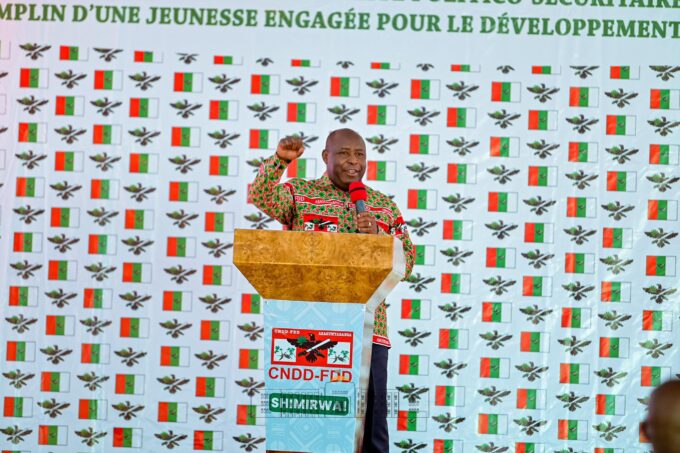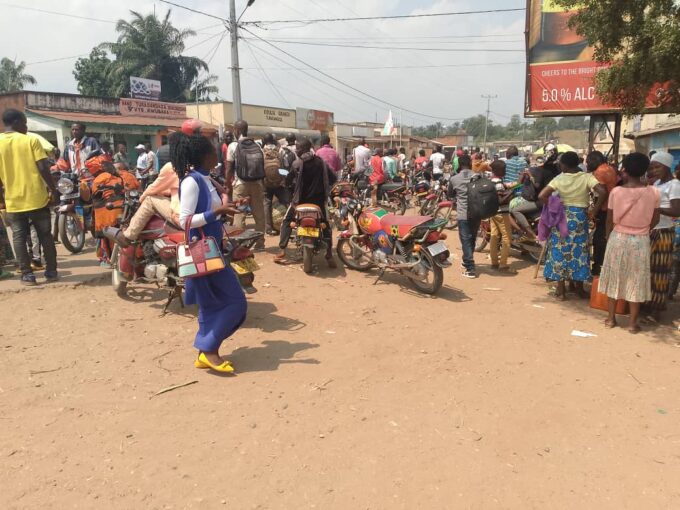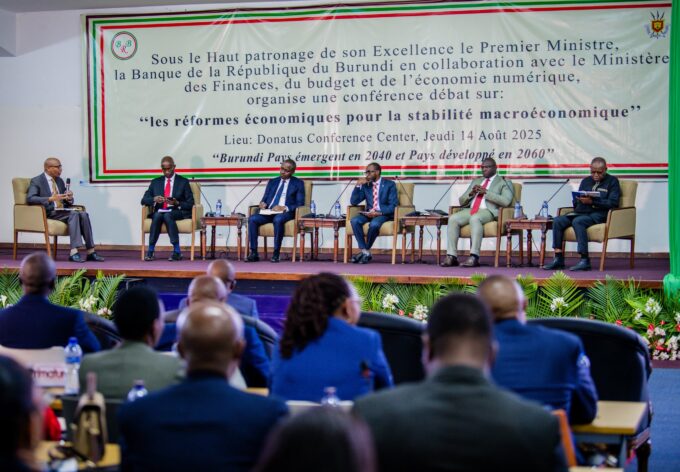In a joint statement released this week, the Confederation of Burundi’s Unions COSYBU and CSB have raised urgent concerns over the rising cost of living, which is increasingly affecting workers across the country. The unions lament the skyrocketing prices of essential goods while workers’ purchasing power continues to decline.
The unions have said these economic pressures are making it difficult for workers to meet even their basic needs. “The soaring prices are making it impossible for Burundians, especially workers, to cover essential expenses,” the statement reads. “Workers can no longer afford transportation, and many are burdened by bank overdrafts and informal debts with neighbors, often straining social relationships.”
This growing economic crisis is compounded by an ongoing fuel shortage, which has severely impacted various sectors across the country. As fuel prices continue to rise, food prices have also reached unsustainable levels, further exacerbating the financial hardship for Burundian citizens.
The unions call on the government to take immediate action to mitigate the crisis. Their demands include stabilizing fuel supplies, controlling the prices of basic goods, reducing taxes on essential products, and addressing recurring shortages. Furthermore, they urge the government to adjust workers’ salaries in line with the rising cost of living and to accelerate the planned increase in the Minimum Interprofessional Guaranteed Salary, as previously agreed by the National Labor Committee (CNT).
Earlier this month, the Catholic Bishops’ Conference of Burundi also expressed concerns over the growing despair among Burundians, citing the economic crisis as a source of distress for many.
“The Catholic bishops are concerned about the increasingly pronounced poverty within families. Their purchasing power no longer allows them to cope with the relentless rise in food prices on the market. This price surge also affects nearly all sectors of social and economic life, such as transportation, construction materials, decent clothing, and more,” said the bishops in a statement.
However, Burundi President Evariste Ndayishimiye has sought to downplay the crisis, asserting in a recent interview that the cost of living in Burundi remains lower than in neighboring countries, a statement that has sparked further debate.
“We cannot claim that Burundi is facing more difficulties than others. For example, when discussing the shortage of basic necessities, go see for yourself in the region. Burundi is a country where life is cheaper. Ask the price of a kilogram of rice in Bujumbura, compare it with neighboring countries, and you will see that here, life is more affordable because, first and foremost, we ensure food security,” President Ndayishimiye said in an interview with the French public television channel TV5 Monde earlier this month.








Leave a comment